“I learned this, at least, by my experiment: that if one advances confidently in the direction of his dreams, and endeavors to live the life which he has imagined, he will meet with a success unexpected in common hours.”
Thoreau had it figured out. A few of our ancestors did as well. But times have changed and we are driven by money and representing our wealth with large houses and several possessions. So why live small when you can afford not to? Here are some things you are gaining.
Environmental friendliness
When you have less space, you are not using as much of Mother Nature's energy and resources to power your home. Southern sun exposure and body heat can efficiently heat your home in a tiny space. When it does get cold, you will be heating a smaller space than a house and apartment, and using less heat, because it won't be going into rooms you don't use.
More time
When you live small, you have a greater backyard of outdoor space to experience. Once the tiny house is built, we will have less things to clean, organize and chores to do. You always hear people talk about the house projects they are working on. Because you are reducing the clutter in your life, you are giving yourself more time to value the things you own and use on a daily basis.
Being one with nature
Chances are if you living in a tiny space, you're choosing to be in a spot where you can dream bigger and take risks. You may be working part-time or from home simply because you don't have to worry about paying that mortgage, allowing yourself more time to be outdoors. Or you may be living closer to work to spend the time you would be commuting walking or biking instead. Because you can live anywhere when you're mobile, you are able to live near a mountain, ocean or national park. The options are endless.
Saving money
This one is probably more obvious, but our rent is going down around $500 a month from renting out a space vs. renting an apartment or home. We won't be paying money for excess things like parking and cable. A tiny house doesn't have a mortgage to pay off. We have less space for purchases, so that means choosing wisely what we want to buy and buying less things that won't be used. All of this extra money will go toward building a tiny house, traveling and enjoying life to its fullest.
Less clutter
Reducing your excess things is completely liberating. Generally, most people own clothes they don't wear or gadgets that become outdated. Reducing items frees up space and breathing room.
Mobility
Our camper trailer and tiny house are both on wheels, making it easy to get up and relocate if we need to. Moving just got a whole lot easier.

